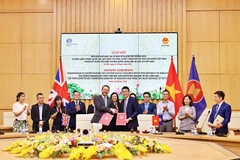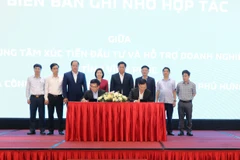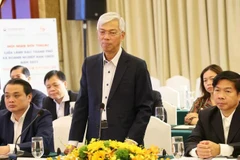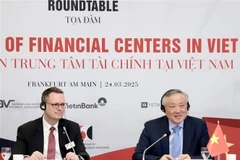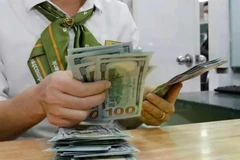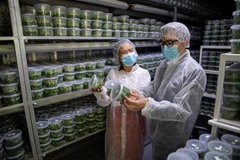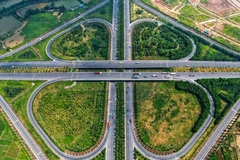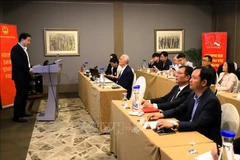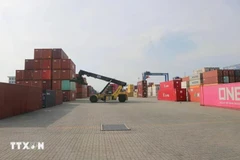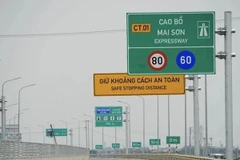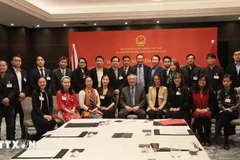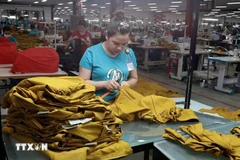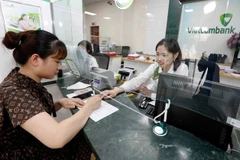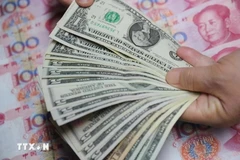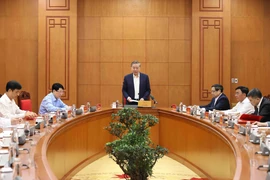Hanoi (VNS/VNA) - The Ministry of Finance has submitted a draft resolution to the Government proposing a pilot programme for the issue and trading of cryptocurrencies and digital assets, alongside a mechanism for coordinated oversight involving three key agencies including the Ministry of Finance, the Ministry of Public Security and the State Bank of Vietnam.
The information was disclosed on March 20 by Bui Hoang Hai, Vice Chairman of the State Securities Commission, under the Ministry of Finance. He noted that the purpose of the coordinated framework is to strictly monitor cryptocurrency exchange activities, minimise risks and ensure financial security.
According to Hai, cryptocurrencies and digital assets are rapidly developing sectors that carry significant risks for both investors and the broader market. As such, the pilot will be implemented on a limited scale and under strict regulatory supervision. This approach mirrors international practices aimed at mitigating money laundering, terrorism financing and other illegal activities.
Currently, Vietnam lacks clear definitions of cryptocurrency and digital assets, and no legal framework exists to regulate the trading or business activities involved. Existing regulations only cover electronic money that is tied to fiat currency (a type of government-issued currency that is not backed by a precious metal, such as gold or silver) such as prepaid cards or e-wallets.
Due to the absence of a legal framework, authorities are unable to implement appropriate tax policies. However, should cryptocurrencies be recognised as legal assets, they could fall under existing tax regimes, including value-added tax and both corporate and personal income tax.
In reality, many Vietnamese start-ups have opted to register in jurisdictions, such as Singapore and the United States, only to return and operate domestically. This has resulted in tax revenue losses and a weakening of Vietnam’s competitive edge in the digital asset arena. Establishing a legal framework would help define and value digital assets, thereby improving transparency and enabling enterprises to access bank credit and secure investment more easily.
According to the Vietnam Blockchain Association (VBA), around 17 million Vietnamese held digital assets in 2024, ranking the country in seventh place globally. However, the total volume of cryptocurrency flowing into Vietnam last year reached 105 billion USD, down from 120 billion USD in 2023./.

Vietnam plans pilot cryptocurrency exchange
The Vietnamese Ministry of Finance is preparing a proposal to pilot a digital currency exchange, Deputy Finance Minister Nguyen Duc Chi announced at the government’s regular press conference on March 5.



